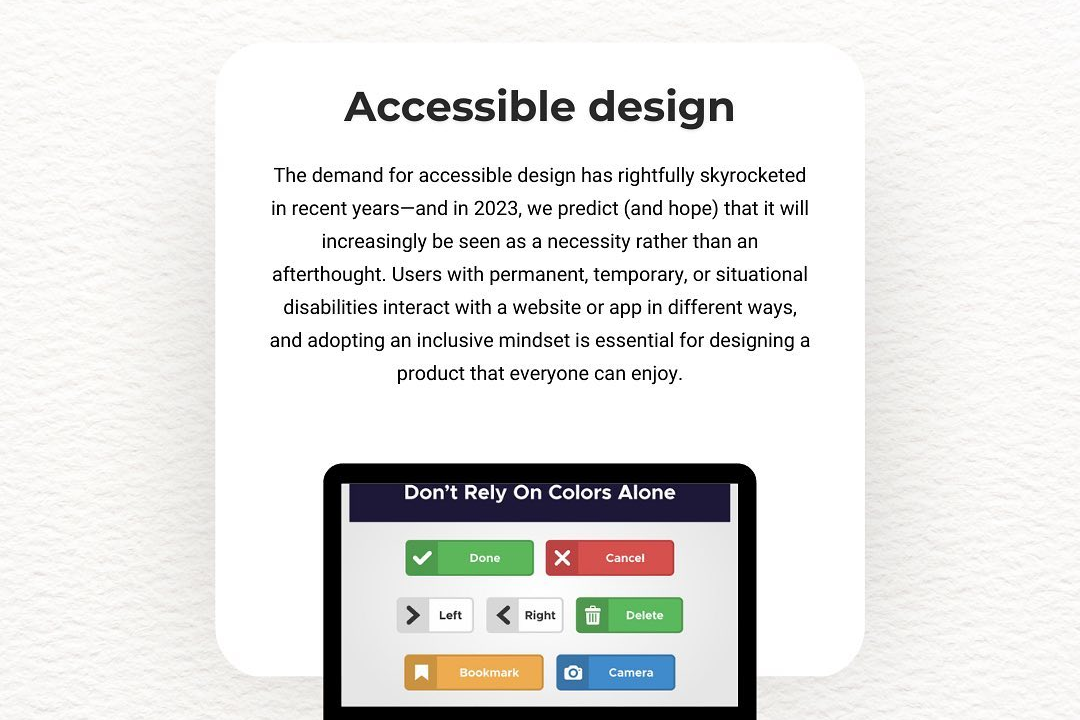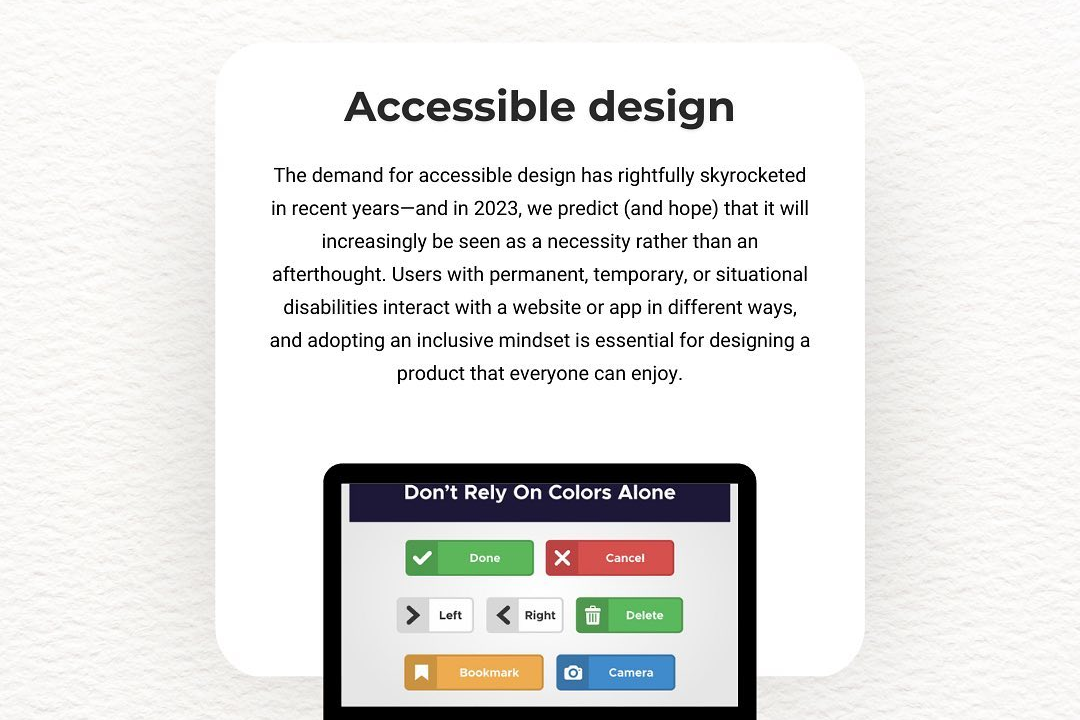Swift Package Manager
Enhancing Project Dependencies with Swift Package Manager
Swift Package Manager
The Swift Package Manager (SPM) is a native tool for managing Swift packages, designed to facilitate the development and integration of Swift code libraries and frameworks. It enables developers to efficiently share code, manage dependencies, and automate the build process. SPM utilizes a `Package.swift` manifest file to specify the package's configuration, including dependencies, targets, and products. With built-in support in Xcode and command-line tools, SPM streamlines the process of fetching and compiling code from remote repositories, ensuring that dependencies are resolved and kept up-to-date, while also promoting versioning and modular design in Swift projects.
To Download Our Brochure: https://www.justacademy.co/download-brochure-for-free
Message us for more information: +91 9987184296
1 - Introduction to Swift Package Manager: Swift Package Manager is a tool for managing the distribution of Swift code. It automates the process of downloading, compiling, and linking dependencies in Swift projects.
2) Integrated with Swift: SPM is integrated into the Swift ecosystem and is included with the Swift compiler, making it easy for developers to use without additional setup.
3) Declarative Syntax: In SPM, dependencies are defined using a simple and clear `Package.swift` manifest file. This allows developers to specify package dependencies declaratively.
4) Versioning: SPM uses semantic versioning to manage dependencies. You can specify exact versions, version ranges, or even branch names, ensuring compatibility and reducing conflicts.
5) Cross Platform Support: Swift Package Manager supports multiple platforms, including macOS, iOS, watchOS, and tvOS, enabling you to write code that works across different Apple platforms.
6) Dependency Resolution: SPM automatically resolves, fetches, and builds dependencies. It manages complicated interactions between packages and ensures you have compatible versions.
7) Build System Integration: SPM integrates seamlessly with the Swift build system. It uses Swift's compiler (swiftc) to build packages, ensuring performance and efficiency.
8) Command Line Interface: SPM can be used directly from the command line, allowing developers to create packages, manage dependencies, and build projects efficiently without needing a full IDE.
9) Support for Binary Dependencies: SPM supports precompiled binary dependencies, making it easy to include third party libraries without the overhead of compiling source code.
10) Targets and Products: In SPM, a package can contain one or more targets, which are units of code that can be compiled into products (libraries or executables). Understanding how to structure targets is essential for organizing code.
11) Testing Framework: SPM includes built in support for unit testing. Developers can write tests alongside their packages, ensuring code quality and reliability.
12) Local and Remote Packages: SPM allows you to use local packages, which are stored on your disk, as well as remote packages hosted on platforms like GitHub, making collaboration easy.
13) Package Indexing: The Swift Package Index provides a centralized location for discovering Swift packages, making it easier to find and integrate community contributed libraries into your projects.
14) Continuous Integration Support: SPM is designed to work well with continuous integration systems. It supports automated building and testing of Swift packages in CI/CD pipelines.
15) Open Source: Swift Package Manager is open source, allowing developers to contribute to its improvement and evolution. They can also learn from the source code to enhance their understanding of package management.
16) Example Projects: To solidify learning, students can create and explore example Swift packages, understanding how to structure their projects and manage dependencies effectively.
17) Community Resources: There are many resources, such as documentation, tutorials, and community forums, that provide support and enhance learning about Swift Package Manager.
By covering these points in a training program, students can gain a comprehensive understanding of Swift Package Manager and how it fits into the modern Swift development workflow.
Browse our course links : https://www.justacademy.co/all-courses
To Join our FREE DEMO Session: Click Here
Contact Us for more info:
- Message us on Whatsapp: +91 9987184296
- Email id: info@justacademy.co












